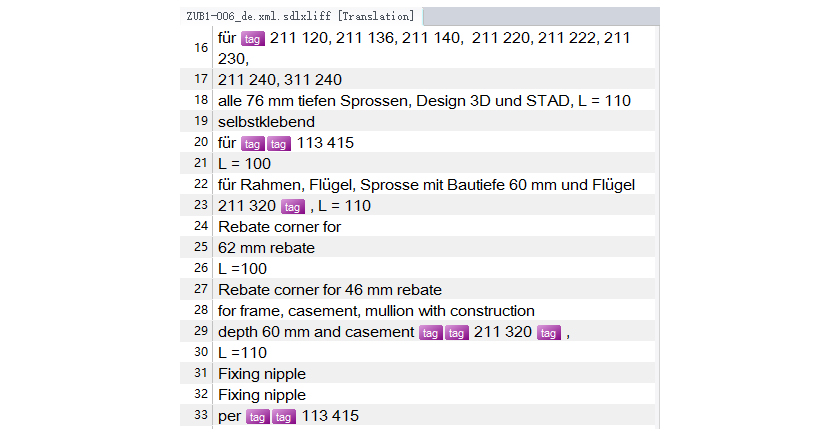

Most people believe that their doctor performs these tests like we see on TV shows like House or Grey’s Anatomy. It is not an overstatement to say that our professionals provide critical lifesaving information many times over the course of a work day: for example, complex testing to cross-match your blood for emergency surgery, to identify a genetic abnormality of a newborn, or to assist in the diagnosis of cystic fibrosis and cancers like Hodgkin’s disease. The laboratory professionals also contribute to wellness testing, guiding treatment and monitoring patient progress. Patient history along with physical signs and symptoms are vital, but most diagnoses need confirmation that only laboratory tests can provide. MLS and MLT professionals provide up to 70 percent of objective patient information to physicians so they can provide an accurate diagnosis and treatment plan, according to a 2002 study in Clinical Leadership and Management Review titled " The Value of the Laboratory Professional in the Continuum of Care." Among the non-healthcare related occupations licensed by the states are plumbers, painters, general contractors, school bus drivers, barbers, bartenders, dogcatchers, cosmetologists, septic system installers and insurance agents. Among the healthcare occupations and professions licensed by states are physicians, physician assistants, dentists, nurses, midwives, respiratory care professionals, radiologic technicians, chiropractors, physical therapists, and pharmacists. In 2003, the Council of State Governments estimated that more than 800 occupations were licensed in one or more states. State governments grant licenses in hundreds of other professions. Medical laboratory scientists (MLS) and medical laboratory technicians (MLT) are licensed in just 12 states. When your doctor orders lab tests, are they performed and analyzed by licensed medical laboratorians? If you live in the United States, chances are the answer is no. Here, they write about the issue and why they think licensure should be mandatory. Ellis is Clinical Assistant Professor at Texas State University and outgoing President of TACLS. David Falleur is Associate Professor at Texas State and serves on the TACLS Government Affairs Committee, which has started a petition for licensure in Texas.

Rohde is Professor and Chair of the Clinical Laboratory Science program at Texas State University and incoming President of the Texas Association for Clinical Laboratory Science (TACLS).


The authors of this article have been lobbying the Texas Legislature to pass bills that would require medical laboratory professionals to be licensed to work in the state.


 0 kommentar(er)
0 kommentar(er)
